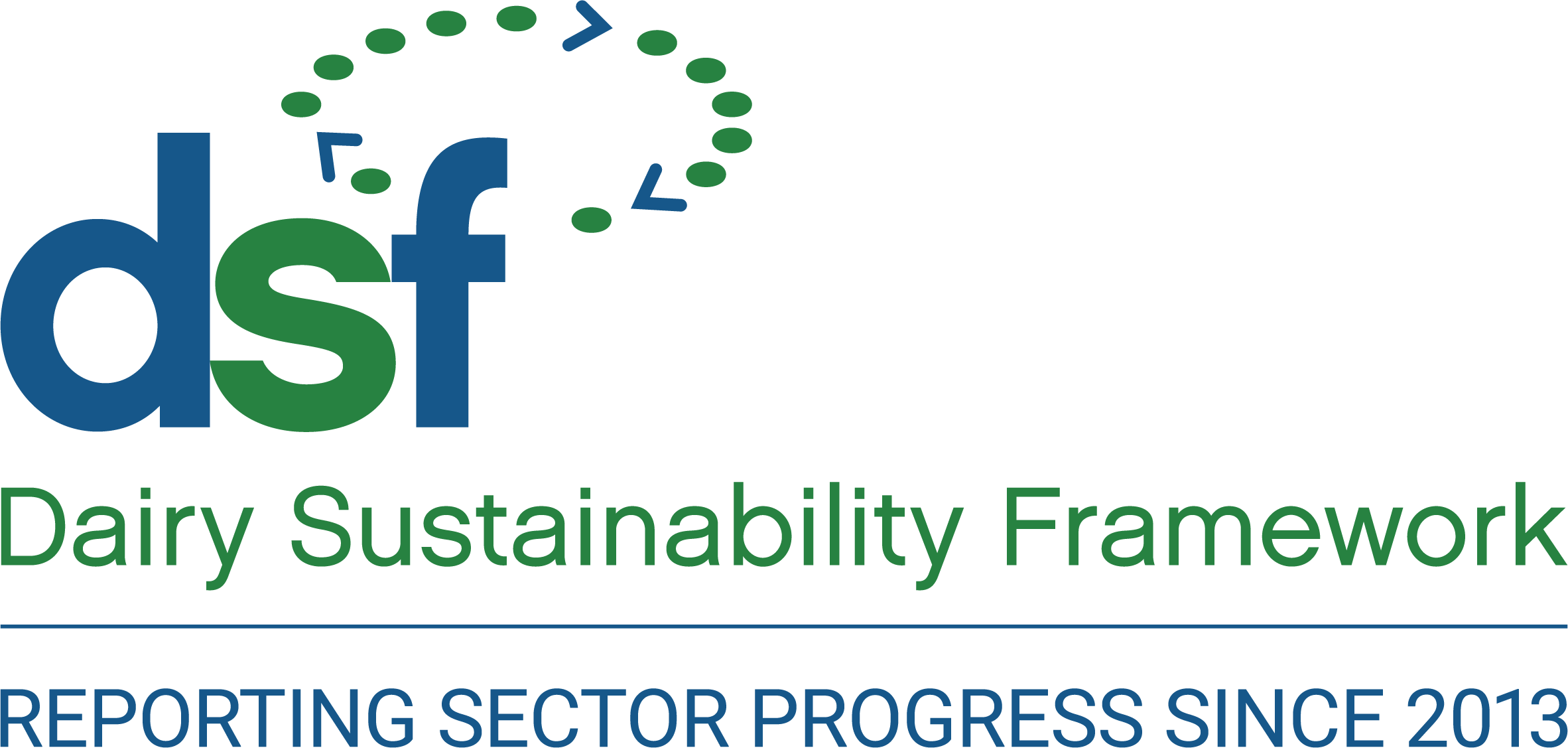Three reports released by FAO at COP28 on agrifoods and global GHG Emissions
Three reports released by FAO at COP28 on agrifoods and global GHG Emissions
At the recent United Nations Climate Change Summit, COP28, representatives from agriculture were keen to demonstrate how farming can be part of the climate change solution. The UN Food and Agriculture Organisation (FAO) launched a series of detailed reports about agrifoods and global GHG Emissions.
 The first report - Achieving SDG 2 without breaching the 1.5 °C threshold: A global roadmap was released as the first part of a three year process, the roadmap’s overriding focus is in realizing the right to food and the path to sustainable achievement intertwines inseparably with robust climate actions. This first report sets out the global vision, how agrifood systems transformation through accelerated climate actions will help achieving food security and nutrition, today and tomorrow. Part 2 (due at COP29) moves from a global to a regional view and from a vision to costing and financing and the final part in year 3 (COP30) will be about establishing country action plans, monitoring and accountability.
The first report - Achieving SDG 2 without breaching the 1.5 °C threshold: A global roadmap was released as the first part of a three year process, the roadmap’s overriding focus is in realizing the right to food and the path to sustainable achievement intertwines inseparably with robust climate actions. This first report sets out the global vision, how agrifood systems transformation through accelerated climate actions will help achieving food security and nutrition, today and tomorrow. Part 2 (due at COP29) moves from a global to a regional view and from a vision to costing and financing and the final part in year 3 (COP30) will be about establishing country action plans, monitoring and accountability.
 The second report, Pathways towards lower emissions: a global assessment of the greenhouse gas emissions and mitigation options from livestock agrifood systems, is a comprehensive global assessment of greenhouse gas emissions from livestock systems, utilizing FAO’s Global Livestock Environmental Assessment Model (GLEAM) based on the most recent available data. The analysis covers both indirect and direct emissions from across the production chain. The report sets out GHG mitigation options such as improved animal health and welfare, reductions in food waste and loss, improved breeding practices, improved feed quality and technologies such as feed additives. It emphasises how vital a role livestock can play in providing essential nutrition and supporting livelihoods, whilst stressing the importance ensuring improving livestock management to minimise negative impacts on the environment. With rising demand for animal-sourced foods expected to continue, particularly in Africa and Asia, food security coupled with climate action require joint action.
The second report, Pathways towards lower emissions: a global assessment of the greenhouse gas emissions and mitigation options from livestock agrifood systems, is a comprehensive global assessment of greenhouse gas emissions from livestock systems, utilizing FAO’s Global Livestock Environmental Assessment Model (GLEAM) based on the most recent available data. The analysis covers both indirect and direct emissions from across the production chain. The report sets out GHG mitigation options such as improved animal health and welfare, reductions in food waste and loss, improved breeding practices, improved feed quality and technologies such as feed additives. It emphasises how vital a role livestock can play in providing essential nutrition and supporting livelihoods, whilst stressing the importance ensuring improving livestock management to minimise negative impacts on the environment. With rising demand for animal-sourced foods expected to continue, particularly in Africa and Asia, food security coupled with climate action require joint action.
 The third report, Climate-related development finance to agrifood systems, emphasises the need for increased financing of the agrifood sector. Solutions exist to simultaneously tackle climate change, biodiversity loss and food security, but there is a big financing gap inhibiting progress in this space. The report suggests that by enhancing resilience within agrifood systems, we can ensure their adaptation to the challenges posed by climate change and help enhance food security. In particular the report stresses the need for targeted financing in predominantly developing countries.
The third report, Climate-related development finance to agrifood systems, emphasises the need for increased financing of the agrifood sector. Solutions exist to simultaneously tackle climate change, biodiversity loss and food security, but there is a big financing gap inhibiting progress in this space. The report suggests that by enhancing resilience within agrifood systems, we can ensure their adaptation to the challenges posed by climate change and help enhance food security. In particular the report stresses the need for targeted financing in predominantly developing countries.
